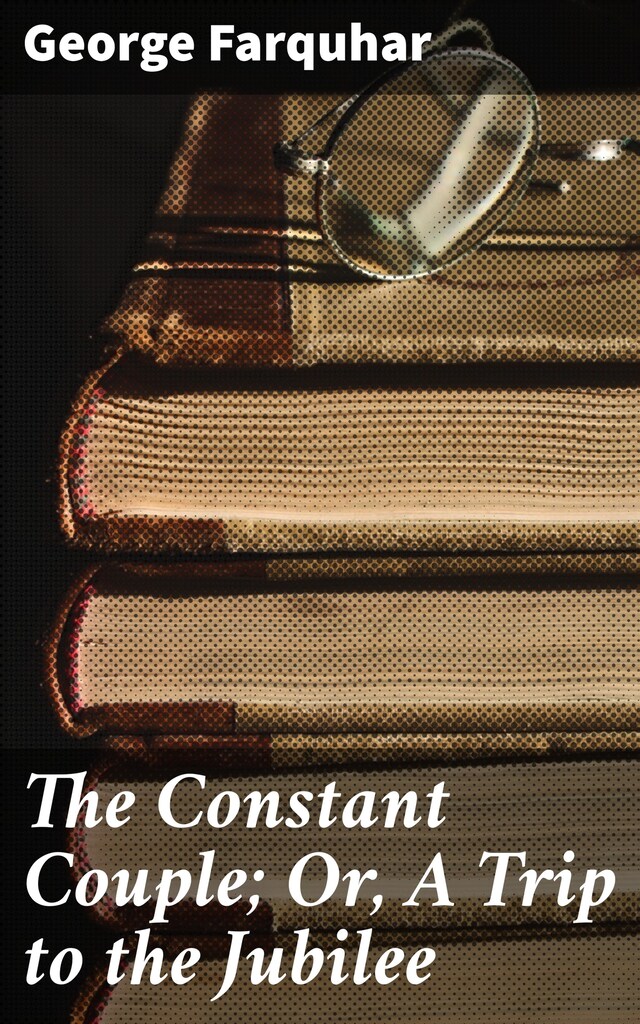
The Constant Couple; Or, A Trip to the Jubilee
A Comedy, in Five Acts
Om bogen
In "The Constant Couple; Or, A Trip to the Jubilee," George Farquhar deftly weaves a tapestry of love, social satire, and comedic escapades set against the backdrop of early 18th-century England. This play, written in the lively style of Restoration comedy, engages the audience with witty dialogue, intricate plots, and a keen observation of human folly. Farquhar adeptly critiques societal norms surrounding marriage and fidelity through the capers of his characters, particularly the charming and morally ambiguous protagonist, who navigates romantic entanglements while aspiring for personal freedom amid the extravagant celebrations of the Jubilee. George Farquhar, an accomplished playwright of the Restoration period, was known for his keen understanding of human nature and the societal conventions of his time. Having faced personal challenges, including ill health and financial difficulties, Farquhar infused his work with a mix of humor and poignancy, illuminating the struggles of both the upper class and the common man. His own experiences with love and obligation undoubtedly influenced the themes explored in this play, making it a reflection of both personal and societal dilemmas. This captivating work is highly recommended for readers interested in the interplay of comedy and critique in literature. Farquhar's sophisticated humor, combined with his astute observations about love and society, makes "The Constant Couple" a timeless exploration of human relationships. This play is not only a delightful comedic experience; it also serves as a subtle reminder of the enduring complexities of the human heart.
 George Farquhar
George Farquhar 73 Sider
73 Sider